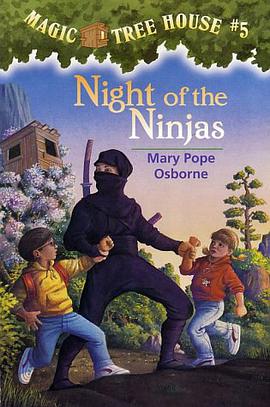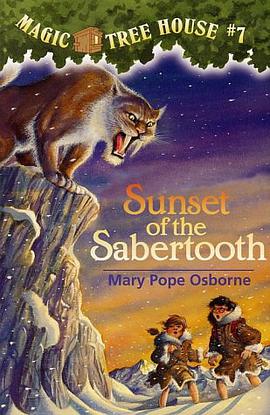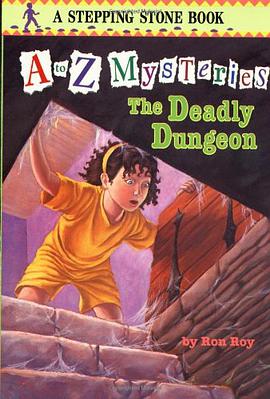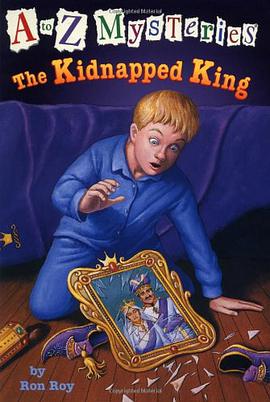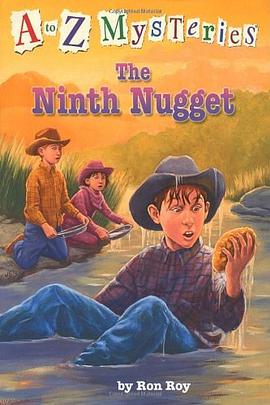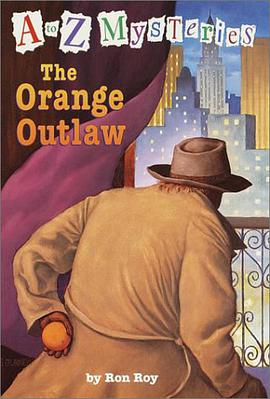

具體描述
Book Description
In conjunction with the New York Public Library, Doubleday is proud to introduce a very special collector's series of literary masterpieces. Lavishly illustrated with rare archival material from the library's extensive resources, including the renowned Berg collection, these editions will bring the classics to life for a new generation of readers. In addition to original artwork, each volume contains a fascinating selection of unique materials such as handwritten diaries, letters, manuscripts, and notebooks. Simply put, this series presents the work of our most beloved authors in what may well be their most beautiful editions, perfect to own or to give. Published on the occasion of Doubleday's 100th birthday, the New York Public Library Collector's Editions are sure to become an essential part of the modern book lover's private library.
Our edition of Madame Bovary, which Vladimir Nabokov called "one of the most perfect pieces of poetical fiction known", features etchings from a rare 1905 French edition and a sampling of Nabokov's handwritten commentary on Flaubert's work. These rare materials from the archives of the New York Public Library will make our edition stand out from all other available versions.
More About the Author
Charlotte Bronte was born at Thornton, Yorkshire, on April 21, 1816. Her father, Patrick Bronte, became curate for life of the moorland parish of Haworth, Yorkshire, in 1820, and her mother, Maria Bronte, died the following year, leaving behind five daughters and a son who were cared for in the parsonage by their aunt, Elizabeth Branwell. The eldest daughters, Maria and Elizabeth, died in 1825 from tuberculosis contracted at the religious boarding school to which they (along with Charlotte and her younger sister Emily) had been sent. (All the Bronte children ultimately suffered from lung disease.)
Raised at home thereafter, Charlotte, Emily, their youngest sister, Anne, and brother, Branwell, lived in a fantasy world of their own making, drawing on their voracious reading of Byron, Scott, Shakespeare, The Arabian Nights, and gothic fiction, and writing elaborate poetic and dramatic cycles involving the histories of imaginary countries. Charlotte's early writings revolved around the kingdom of Angria, about which she wrote melodramatic tales of passion and revenge. She spent a year studying at Miss Wooler's school in Roe Head (later relocated to Dewsbury Moor), and went back there to teach from 1835 to 1838; subsequently she worked as a governess.
With Emily, Charlotte traveled in 1842 to study languages at a boarding school in Brussels; her close emotional attachment to her instructor, M. Heger, a married man, would later figure in her fiction. Charlotte and Emily went home after a year because of their aunt's death; Charlotte subsequently returned to Brussels for a year of teaching, 1843 to 1844. A joint collection of poems by Charlotte, Emily, and Anne—published pseudonymously as Poems by Currer, Ellis and Acton Bell—appeared in 1846. The three sisters had in the meantime each written a novel, of which Emily's Wuthering Heights and Anne's Agnes Grey were accepted in 1847 for publication the following year. Charlotte's first novel, The Professor, based on her experiences in Brussels, was rejected by a series of publishers (it finally appeared posthumously in 1857).
Jane Eyre was published under Charlotte's pseudonym, Currer Bell, in 1847 and achieved commercial and critical success; it had gone through four editions by the time of Charlotte's death. Jane Eyre won high praises; William Makepeace Thackeray (who later became a friend) declared himself 'exceedingly moved and pleased,' and George Henry Lewes applauded its 'deep significant reality'; it was also criticized by some for the rebelliousness of its heroine and for what the Quarterly Review called 'coarseness of language and laxity of tone.'
During this period the Brontes underwent repeated tragedies. Branwell, despite his early promise, had been ravaged by the effects of drink and drugs, and when he found work as a tutor in the same household where Anne was a governess, his involvement with his employer's wife led to his dismissal; he died in September of 1848, followed three months later by Emily and the following year by Anne. Charlotte, the sole survivor, published two more novels, Shirley (1849), a novel of Yorkshire during the Napoleonic period, and Villette (1853), a further fictional exploration of her Brussels experiences. In 1850 she met the novelist Elizabeth Gaskell, with whom she formed a close friendship; Gaskell later wrote the classic biography of her friend, The Life of Charlotte Bronte (1857). Charlotte married her father's curate, Arthur Bell Nicholls, in 1854, and died on March 31, 1855.
Book Dimension :
length: (cm)15.6 width:(cm)10.8
著者簡介
圖書目錄
讀後感
我本来只想给2颗星的,但想想至少我小时候还喜欢过这本书,就给3颗星吧。 《简爱》之所以能成为传世经典,是因为书中思想的超前。引用百度百科里的一句评书评:“勃朗特成功地塑造了英国文学史中第一个对爱情、生活、社会以及宗教都采取了独立自主的积极进取态度和敢于斗争、...
評分身心俱乏,消极避世,窝在床上读治愈系之《简爱》。读了二百来页,猛然发现,简爱绝对是维多利亚早期的女吊丝(无贬义,亲切认同),她的故事堪称女吊丝的逆袭。除了相貌平平、出身寒微、不惹人注目外,简爱还有女屌丝的两个特质:重口味和强大的生命力。 首先,简爱小姐在性...
評分回家买了一些新书,但是冬天里肃穆冰冷的小城,永不停息的暖阳,肆虐的流感,温暖的床和曾经徘徊的书架,一切都没有变过。记忆虽在迁徙,可年华依旧如水。梦中我依旧读着那些挚爱的旧书,这可能就是我梦游的根源。 近两日复读了《简爱》 总觉得这是一个冬天的故事,在素...
評分前几天跟同事开玩笑说起,小时候看完简·爱心情无比激动,但接着也只能继续看些台湾小言了。 我给它五颗星,不说它立意如何,男主角如何,结局的局限性还是情节的不合理,只说它作为一本彻底的浪漫派爱情小说,已然是已经立于这类小说的一个高峰。你看完之后也许也就再去看看傲...
評分推荐给所有女性的必读书——《简爱》 12月3日,我观看了国家大剧院版本的话剧《简爱》。从剧院中走出,我的心久久不能平静,想着总该是要写些什么东西的。 首先是演出。作为国家顶尖的话剧演出团体,本剧的演员,布景,灯光,舞美的无可挑剔。尤其是女主角袁泉,完全演绎出了简...
用戶評價
簡愛因為信仰拒絕瞭Rochester的愛情,又因為愛情拒絕瞭Rivers的信仰。如果一定要妥協,寜可一無所有。可這又何嘗不是對選擇的一種逃避?
评分簡愛因為信仰拒絕瞭Rochester的愛情,又因為愛情拒絕瞭Rivers的信仰。如果一定要妥協,寜可一無所有。可這又何嘗不是對選擇的一種逃避?
评分簡愛因為信仰拒絕瞭Rochester的愛情,又因為愛情拒絕瞭Rivers的信仰。如果一定要妥協,寜可一無所有。可這又何嘗不是對選擇的一種逃避?
评分簡愛因為信仰拒絕瞭Rochester的愛情,又因為愛情拒絕瞭Rivers的信仰。如果一定要妥協,寜可一無所有。可這又何嘗不是對選擇的一種逃避?
评分簡愛因為信仰拒絕瞭Rochester的愛情,又因為愛情拒絕瞭Rivers的信仰。如果一定要妥協,寜可一無所有。可這又何嘗不是對選擇的一種逃避?
相關圖書
本站所有內容均為互聯網搜索引擎提供的公開搜索信息,本站不存儲任何數據與內容,任何內容與數據均與本站無關,如有需要請聯繫相關搜索引擎包括但不限於百度,google,bing,sogou 等
© 2025 book.quotespace.org All Rights Reserved. 小美書屋 版权所有


